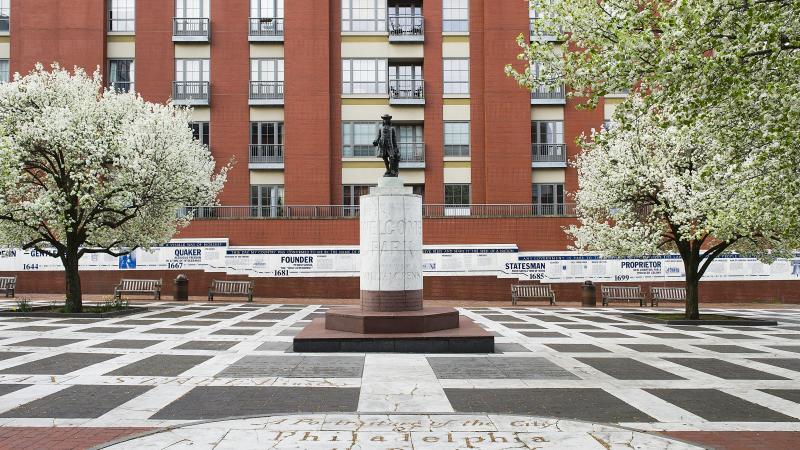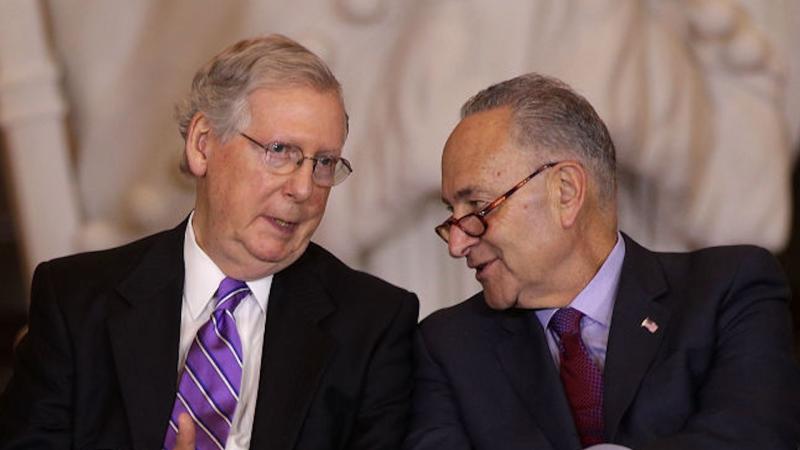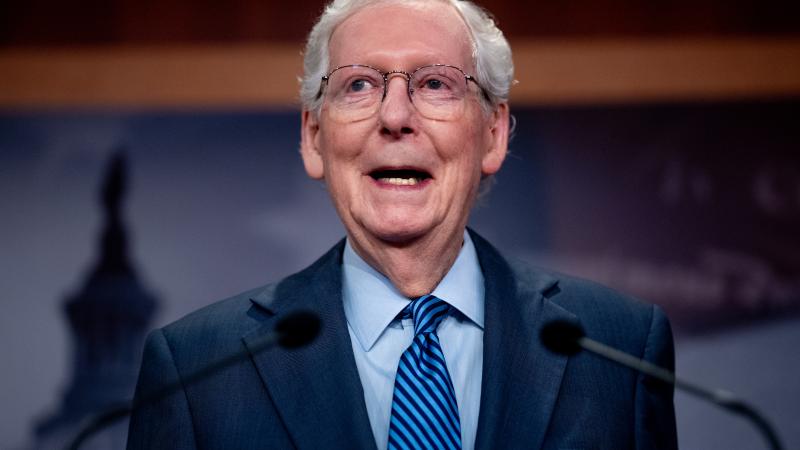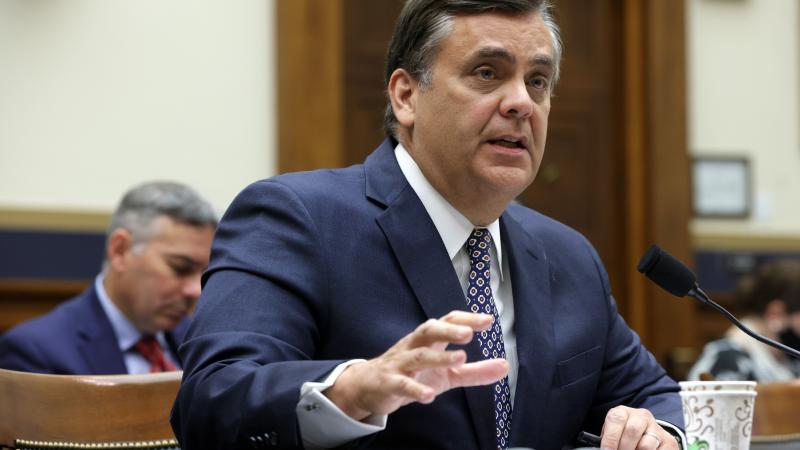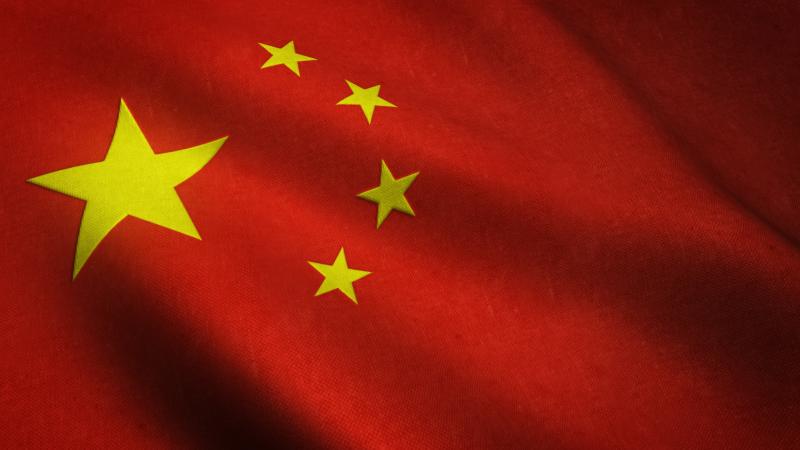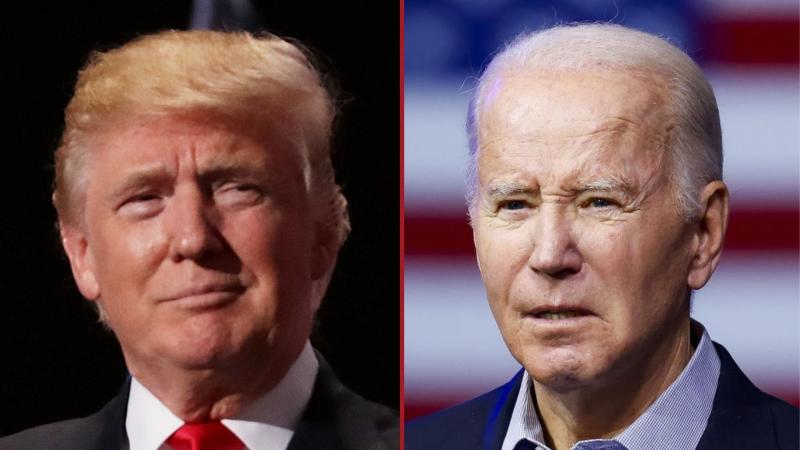'A Fairytale of New York': A complicated Christmas classic collides with cancel culture
With its unsentimental emotional honesty and unsparing language, "Fairytale" is not universally beloved. In an era of identity politics and "safetyism," one line (or, more precisely, one word) in particular has become a target for censors.
Anything but "merry," the lilting Irish folk ballad "A Fairytale Tale of New York" nevertheless captures something essential about the redemptive spirit of Christmas in its haunting, regret-soaked bickering that eludes more Hallmark-friendly holiday standards.
Over the years since its release in 1987, the Shane MacGowan-Kirsty MacColl duet has emerged as a defining, if unlikely, seasonal staple in the British Isles and much of the English-speaking world, while never quite conquering the American seasonal music market to the same extent, despite (or perhaps because of) its Irish-expats-in-New York characters and setting.
"Fairytale" was voted most popular Christmas song in Great Britain in a PRS for Music survey, ranked as the most played song on British radio in 2018, and just last year finished as third most-streamed Christmas tune in the U.K in 2021, according to Official Charts Company data.
Marking its 35th anniversary this year, "A Fairytale Tale of New York" has long since established itself as Ireland’s unofficial festive national anthem. From Cong to Clonakilty, the people of Ireland (and beyond) will be singing along to the Christmas classic during the holiday season.
The origins of the song are hotly disputed. MacGowan, The Pogues' controversial frontman, insists that it arose as a result of a bet with the band’s producer at the time, Elvis Costello, who said the band wouldn’t be able to write a Christmas hit. MacGowan begged (and betted) to differ. Others insist that it was Frank Murray, the band’s manager, who thought the band should try and write a Christmas cracker.
Named after J.P. Donleavy's 1973 novel "A Fairy Tale of New York," the song listens in on an impassioned dialogue, by turns sweetly nostalgic and bitterly vituperative, between a couple reflecting on the many ways in which their youthful hopes and dreams were destroyed by various addictions.
Still, "Fairytale," with its unsentimental emotional honesty and unsparing language, is not universally beloved. In the era of identity politics and "safetyism," one line — or, more precisely, one word — in particular has inevitably become a target for cancel culture censors.
Singing in character, the late Kirsty MacColl snarls: "You scumbag, you maggot, you cheap lousy faggot/Happy Christmas, your arse, I pray God it's our last." In 2018, Eoghan McDermott, an opinionated Irish television and radio presenter, called for the lyric to be censored, claiming that colleagues of his were uncomfortable with the use of the derogatory term used to describe homosexuals.
"Enough vitriol out there without gay people having to feel uncomfortable so people that aren't affected by an insult can tap their toe," said McDermott.
Shane MacGowan was quick to respond, telling McDermott (and the broader public) that the use of the word was never intended to offend. "The word was used by the character because it fitted with the way she would speak and with her character," he said. "She is not supposed to be a nice person, or even a wholesome person." On the contrary, "she is a woman of a certain generation at a certain time in history, and she is down on her luck and desperate."
More recently, however, The Pogues angrily repudiated conservative British actor Laurence Fox for a tweet denouncing the BBC's decision to air an expurgated version of the song on one of its stations.
The controversy around "Fairytale" erupted at the same time as a number of radio stations around the world, especially in the U.S., refused to play another Christmas classic, Frank Loesser's "Baby, It's Cold Outside." A call and response duet like "Fairytale," the song had been played in its many and varied renditions without much, if any, fuss for the best part of seventy years. Then, in 2018, something changed. That something was the #MeToo movement. Some critics argued that the lyrics were chauvinistic and coercive, with the male singer pressuring the female into staying despite her repeated demurrals.
The song’s more controversial lyrics include: "I simply must go (But baby it's cold outside)"/"The answer is no (But baby it's cold outside)," and perhaps most controversially: "Say what's in this drink?"
Both "Fairytale" and "Baby, It's Cold Outside" were written long before social media, hashtags and viral outrage. Perhaps both songs, very much products of very different times, are casualties of presentism, a phenomenon that involves judging the past by today’s lofty standards.
Of course, classics are defined not by conformity to the narrow tastes and biases of the present but, rather, by their challenge to a complacent present to recognize itself in the enduringly human. If these two complicated Christmas standards are the classics their longevity suggests they are, they will long outlast contemporary cancel culture's obsession with linguistic hygiene.
The Facts Inside Our Reporter's Notebook
Links
- voted most popular Christmas song in Great Britain in a PRS for Music survey, ranked as the most played song on British radio in 2018
- third most-streamed Christmas tune in the U.K in 2021
- festive national anthem
- Cong
- hotly disputed
- controversial frontman
- a bet
- Frank Murray
- "A Fairy Tale of New York
- were destroyed
- Kirsty MacColl snarls
- an opinionated
- claiming
- said McDermott
- quick to respond
- The Pogues angrily repudiated conservative British actor Laurence Fox
- especially in the U.S.
- That something
- more controversial lyrics
- presentism
- lofty standards


